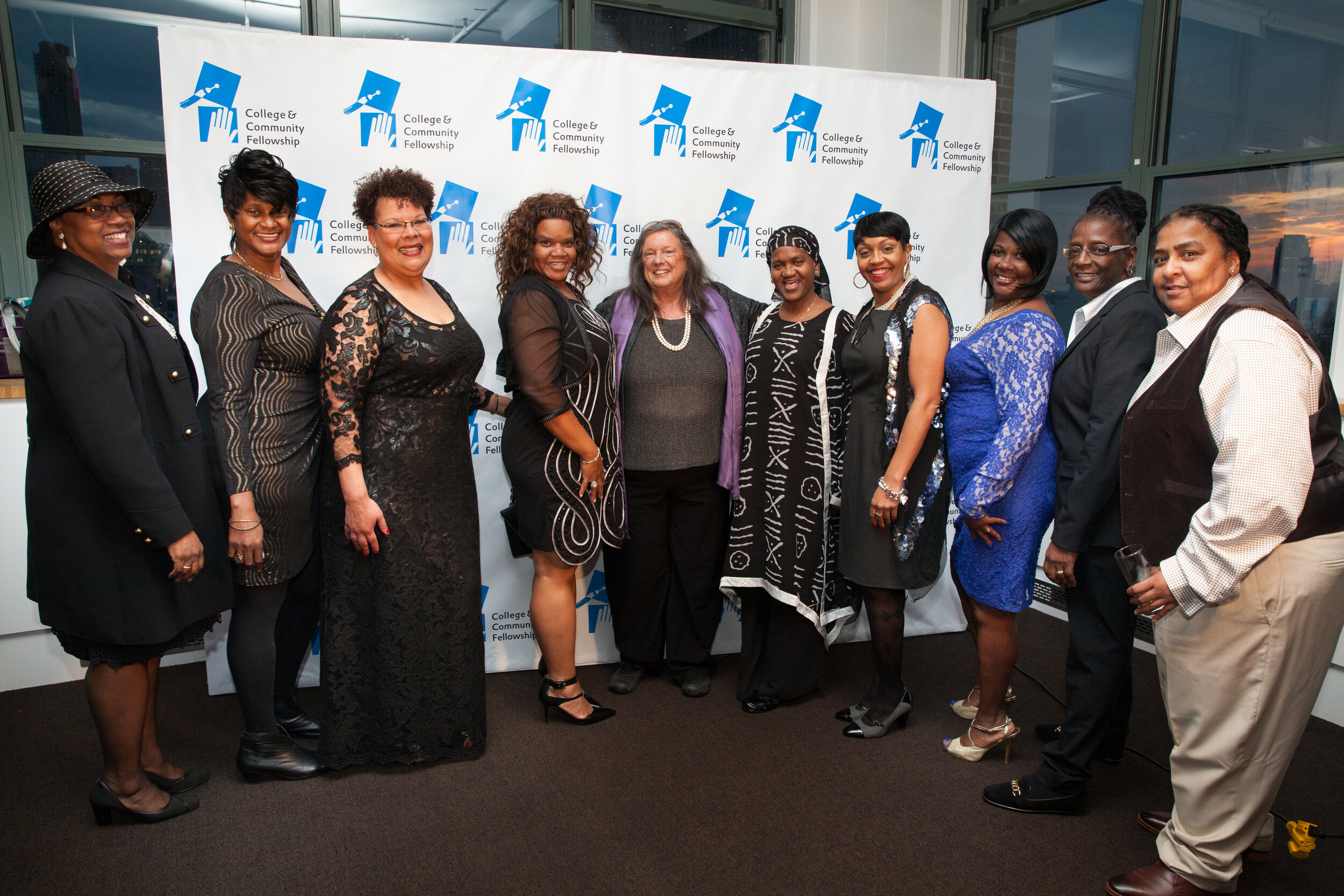Barbara Martinsons: Where it All Started
Barbara Martinsons could never have predicted that she would, in her 50s, launch a nonprofit organization aimed at helping formerly incarcerated women earn their college degrees.
Barbara herself had always been hungry for education. Attempting to answer deep-seated questions about justice and how to fix the world, she chose to major in Philosophy for her Bachelor’s degree. “But in majoring in philosophy,” Barbara recalls, “all I left with were more questions.” With a keen interest in how academia and art could address them, she went on to earn a Master’s degree in filmmaking. She then pursued PhDs in both American History and Sociology.
While studying sociology, Barbara fell into teaching. A few years into her studies, Barbara was asked to teach sociology in a new college program at Bedford Hills Correctional Facility in upstate New York, through Marymount Manhattan College.







“The experience of going through the criminal justice system had heightened my students’ alertness to the very same issues that interested me, about justice and power, and about who society serves. Teaching at Bedford Hills made me develop dormant questions that had been in my mind since I was an undergraduate. It was only at Bedford Hills that those questions began to be answered.”
Before Bedford Hills, “I hadn’t thought much about who people in prison were. All I knew is they weren’t me. But the more I got to know my students, the more I realized they were me, and I was them.
As her students began to be released, Barbara took to mentoring them in the community to help them complete their college degrees. “I began to see the giant impediments to getting back to your life after prison, particularly if that involved a desire to go back to school. Students who owed old loans to colleges couldn’t get their transcripts or their credits acknowledged, and couldn’t return to school,” she remembers. “I tried with all my middle-class wiles to find ways around it and couldn’t, so I began to help women pay these loans - small amounts of money to ultimately convince the system that these women should be allowed to go on with their lives.”
It was then that the idea for College & Community Fellowship was born.
“The women who came to CCF, having been through the criminal justice system, were very sophisticated politically and able to look at power balances in new ways. I hoped that CCF would help give them political voices and make them part of what I hoped would be a growing movement.”
Barbara had grown up believing that the court system was an avenue to justice. As a witness to mass incarceration, she realized this wasn’t always true and wanted her students to be able to have their stories and voices heard. “The issues that were raised for me by teaching in Bedford Hills, and mentoring women coming out, really ended up molding my life,” Barbara says.
Starting a new nonprofit wasn’t always easy, especially for a team that was dedicated to the mission but poorly versed in administrative tasks like creating annual budgets and writing grant proposals. As the team grew bigger, Barbara had to release some control of her vision and allow others to guide CCF. “I learned that other people’s visions were valuable to CCF. My ideas about access to education were vague. I’m proud of the pragmatic approach that Vivian has taken to increase access to higher education through the Pell restoration campaign.”
“Looking back, I’m most proud of the offshoots,” Barbara says. “I have deep admiration for alumnae who have gone on to do fantastic work advocating for justice and the closing of Rikers Island, like Cheryl Wilkins and Kathy Boudin at the Columbia Center for Justice, Sharon White-Harrigan with Beyond Rosie’s, and Yolanda Johnson-Peterkin with the NYCHA program to reunite formerly incarcerated people with their families.”
Barbara’s favorite project? The Theater for Social Change Ensemble (TSC). “I don’t know when in my life that I have been so proud of other people. They give an expressive, talented, emotional presentation of who we are in a way that moves me deeply and moves a lot of other people as well that I can see.” In TSC, Barbara reminisces, “there were people who at first could barely open their lips to speak, and then they became able to speak out in such a significant way. That’s what CCF is about.”
